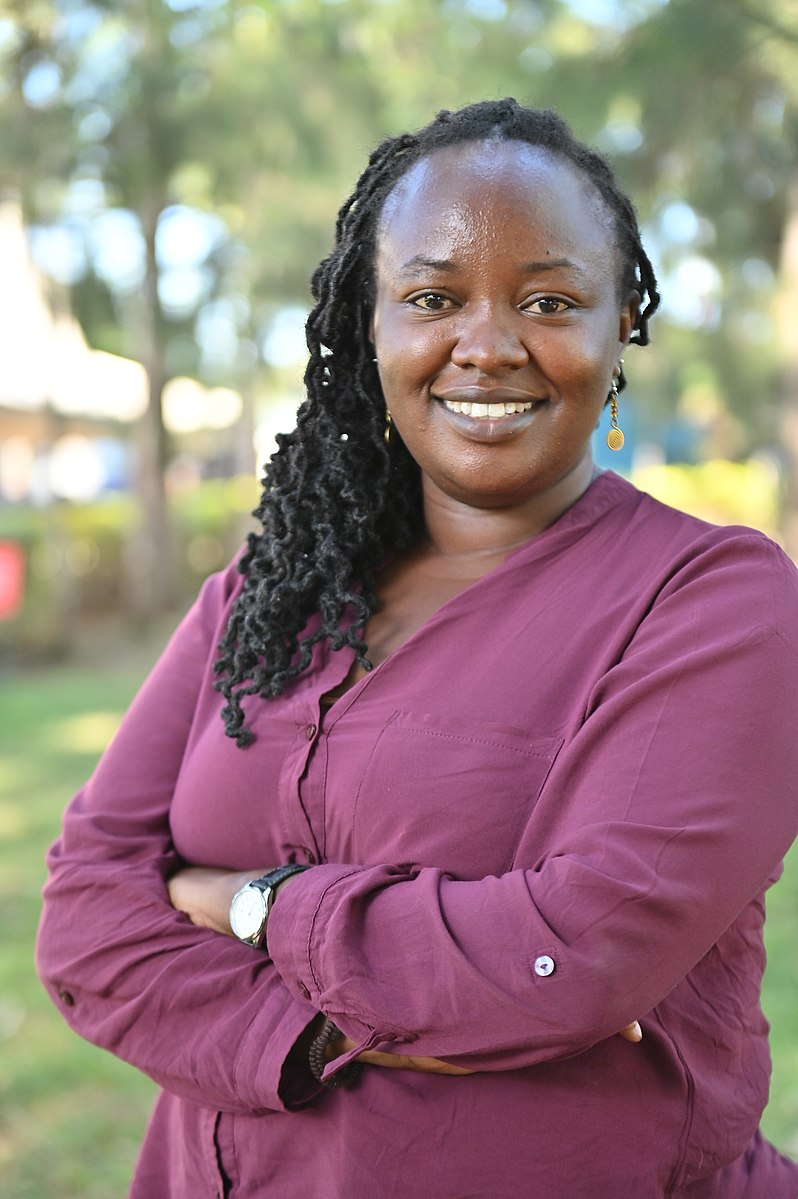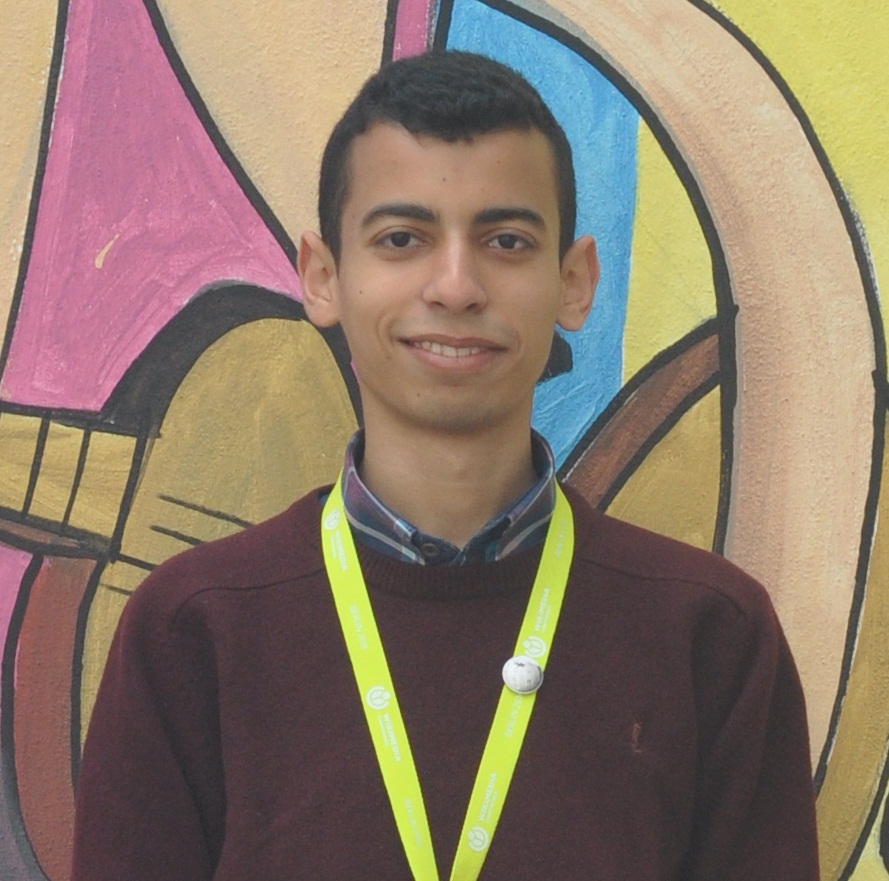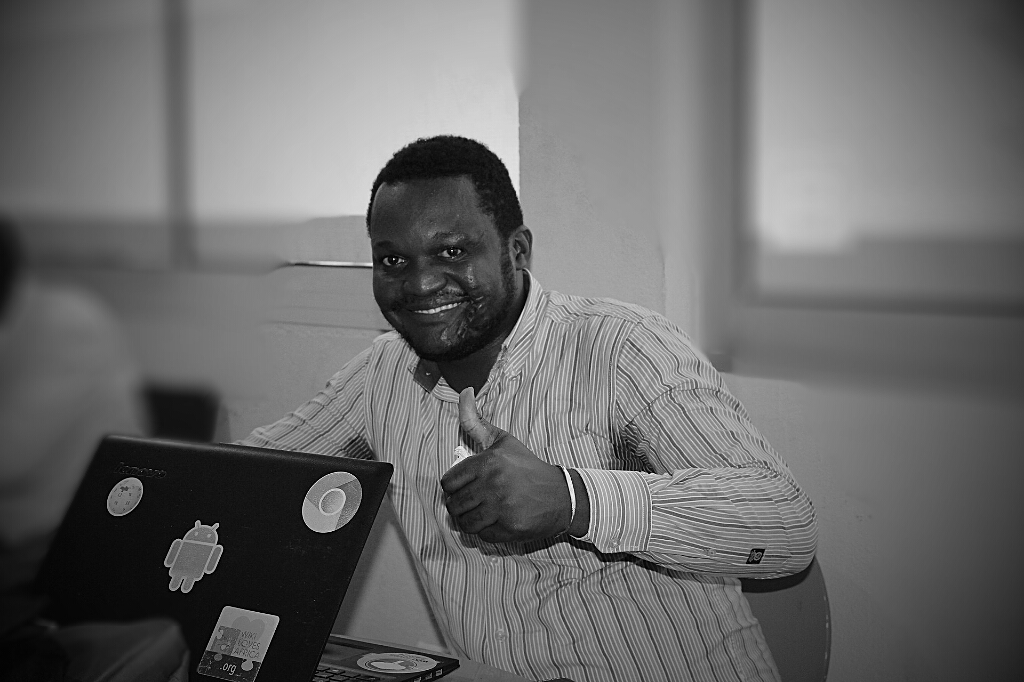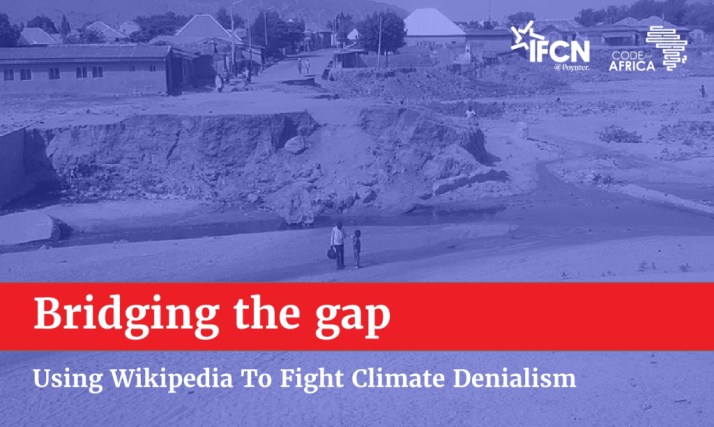In today’s world, the fight against climate misinformation is a crucial task that requires collective efforts. Recognising this challenge, Code for Africa, in a technical partnership with the Institute for Strategic Dialogue (ISD), initiated the Wikipedian-in-Residence program. This fellowship program piloted in Kenya, Nigeria, Senegal and South Africa, recruited and trained 4 African Wikipedians in Residence fellows to combat climate denialism, delaysm and related mis/disinformation on Wikipedia about Africa. The goal was to equip them with the necessary skills and knowledge to grow the local community of volunteer Wikipedia editors, facilitate technical training, edit-a-thon and debunk-a-thon on Wikipedia and its sister project, marshalling resources and forging partnerships with climate research organisations as well as pioneering new ways for the wider African Wikimedia community to mobilise and tackle issues such as climate denialism or delayism and related mis/disinformation. This initiative played a crucial role in a larger project led by the International Fact-Checking Network (IFCN) that aimed to tackle climate misinformation and promote factual information on a global scale, highlighting the urgent need to address this issue.
Training and Recruitment Effort
In order to ensure the success of the program CfA carried out a call for applications which was widely shared across various platforms and networks and selected 4 Wikipedian in Residence Fellows with at least 2 years experience as editors on Wikipedia and have published work on Wikipedia. After a thorough review of the applications, four exceptional candidates were chosen to be Wikipedian in Residence Fellows. These fellows included Ayokanmi Oyeyemi from Nigeria, Caroline Mwaura from Kenya, Reda Benkhadra from South Africa, Marie Gaye and Bile Rene from Senegal. Each fellow underwent comprehensive training to enhance their skills and knowledge for the roles they would undertake. The training covered various topics such as peer-review processes, Wikipedia editing guidelines, detecting coordinated edits, and fact-checking basics, led by CfA Pesacheck. This training empowered the fellows to effectively facilitate programs in their respective countries. The WIR fellows recruited 70 volunteer contributors from 7 existing African Wikimedia regional affiliates to collaborate in the campaign for a period of 10 months.
Goals and Deliverables of the Fellowship
The fellowship had several key goals to empower fellows and volunteer editors with the on-wiki and off-wiki skills needed to tackle climate denialism or delayism and related mis/disinformation in Africa on Wikipedia and its sisters project.These goals included;
- Establishing a Wikipedia African Climate Disinformation Task Force aims to replicate Wikipedia’s successful Internal Anti-Disinformation Task Force approach in North America. The task force will focus on debunking climate mis/disinformation by utilising tools to detect unsourced statements related to climate change and identifying malicious edits or “content injections.” With the collaboration and support of Code for Africa (CfA) and its iLAB team, alongside Wikimedia, the task force employed ORES and Wikipedia’s Enterprise API to combat vandalism by finding and flagging coordinated edits to ensure the verifiability and credibility of Wikipedia pages.
- Organise ‘Edit-a-thons’ and ‘Debunk-a-thons’: To increase editing and fact-checking skills of at least 70 volunteer editors. The WiR fellows held 29 online and in-person trainings for 245 editors to acquire minor and major editing skills on Wikipedia (adding citations, wikilinks, adding category, info-boxes, and descriptions, expanding and creating new articles), Wikidata (running queries, creating and improving items) and Wikicommons (uploading media files) on climate-related topics in Africa. The Debunk-a-thons led by CfA Pesacheck helped fellows and volunteer editors learn how to research and fact-check claims on climate change with the skills and tools needed to debunk climate change related misinformation.
- Creating diverse content on climate-related topics in Africa: The WiR fellows conducted an initial evaluation of climate change-related content on Wikipedia, Wikidata, and Wikicommons about Africa. During this evaluation, they discovered 149 articles on Wikipedia containing inaccurate climate change information, a lack of Kenyan climate change data on Wikidata, and missing images depicting the climate situations in Africa. Through the implementation of the fellowship, these inaccuracies and missing information on Wikipedia, Wikidata, and Wikicommons were rectified. A total of 839 new articles, items, and media files were uploaded, while 1,321 edits were made across English, French, and indigenous languages such as Afrikaans, Dagbani, Igbo, Hausa, Swahili, and Twi on Wikipedia, Wikidata, and Wikicommons. These edits significantly enhanced the credibility, reliability, accessibility, and readability of Wikipedia’s climate-related content in Africa. To monitor the fellows’ edits and track their reach, Code for Africa (CfA) utilised the Outreach dashboard and the hashtag #CfACP on Wikipedia. Between September 2022 and May 2023, the edited articles received an average of 18,836 monthly page views, indicating the impact and reach of the improved content.
Testimonies of Fellows Experience and their impact
Here are some quotes from the fellows sharing their experiences and impact of the program:

“Participating in this project has taught me that there are many ways to bridge climate topics as the knowledge gap exists in Africa. I am glad to be part of the solution by building on Wikipedia information about climate change. Most importantly it is interesting to know that the contributors find the sessions enriching as it helped expand their knowledge of climate change and enhance their capacity as Wikipedians. The program has been a transformative experience for both fellows and contributors. We have not only strengthened our understanding of climate change but also developed transferable skills that will serve us well in our future endeavours”

“My work over the past nine (9) months has been rewarding and fulfilling. I believe that the improvements made to Wikidata, Wikimedia Commons, and Swahili Wikipedia will help to increase public awareness and understanding of climate change. The engagement and enthusiasm from the volunteers were inspiring. We were able to foster a sense of community among contributors, encouraging them to continue their involvement beyond the program’s duration”

“By bridging the gap between the host institution and the Wikimedia movement as a Wikipedian-in-Residence, I am delighted to have played a crucial role in promoting the sharing of knowledge and strengthening the dissemination of accurate information, creating lasting partnerships.”

“Through my participation in the program, I have gained valuable knowledge in fact-checking and significantly improved my editing skills. This experience marks an exciting new chapter in my journey, setting a strong foundation for future growth and exploration. It is exciting to know that the impact of our collective efforts is evident in the increased visibility and quality of climate change content on Wikipedia. We have created a valuable resource for researchers, educators, and the general public”
Strategies for Achieving outcomes
To ensure maximum participation and engagement during the fellowship, CfA implemented several strategies:
- Clear guidance: A list of articles and items was available to the participants, for easy identification of areas where their contributions were needed. Additionally, WiR fellows had one-on-one training sessions with participants to provide individualised guidance and support.
- Publicity: The event was promoted through e-posters on various Wikimedia communities communication channels to create awareness, attracting a larger number of participants to the project. Social media platforms played a crucial role in spreading the word and creating awareness.
- Ongoing communication: Weekly updates about the projects were shared with the participants through a dedicated WhatsApp group. This regular communication kept the participants informed and motivated throughout the preparation and implementation phase.
- Personalised support: Each participant was followed up individually to ensure they had created their accounts, set up their user pages, and joined the event dashboard before the physical training session. This personalised support helped participants overcome any technical or logistical hurdles they might have encountered.
Challenges
The project made significant progress in creating new climate-related content about Africa. However, the Wikipedia African Climate Disinformation Task Force, led by the iLAB team with support from the Wikimedia Foundation, encountered challenges while utilising Wikipedia’s Enterprise API tool. These difficulties arose due to limitations within the API, such as the inability to perform query-based searches. The absence of query-based searches hindered the team’s ability to create lexicon-based queries, which would have facilitated the identification of coordinated edits.
To address these limitations and enhance the API’s functionalities, Wikimedia and Code for Africa (CfA) are engaged in a collaborative effort. They are actively working on developing features, including the implementation of boolean queries, which will enable more accurate and granular search results. This ongoing collaboration aims to optimise the API’s capabilities, improving its effectiveness in identifying and addressing coordinated edits. Importantly, this partnership will continue beyond the project closeout, ensuring a sustained effort to enhance the API’s functionality and combat climate-related disinformation on Wikipedia.
Conclusion
The Wikipedian in Residence (WiR) program, by Code for Africa (CfA), in partnership with the Institute for Strategic Dialogue (ISD), has played a pivotal role in combating climate denialism, delayism, and related mis/disinformation about Africa on Wikipedia and its sisters project, addressing the urgent need for accurate and reliable climate-related information, whilst highlighting the global significance of tackling climate misinformation. Furthermore the WiR fellows’ testimonies highlight the transformative experience of being part of this program, with increased understanding of climate change, improved editing skills, and the development of transferable skills that will benefit them in their future endeavours. Hence, the program has fostered a sense of community among contributors, encouraging their continued involvement beyond the program’s duration.
In conclusion, the experiences and achievements of the Wikipedian in Residence fellows on the Code for Africa Climate Change project as part of the IFCN effort to tackle global mis/disinformation have significantly contributed to the fight against climate misinformation in Africa. The program’s impact is evident in the increased visibility, quality, and accessibility of climate-related content on Wikipedia. Moving forward, sustained efforts and collaborations will ensure the continued enhancement of Wikipedia’s functionality and the promotion of factual and reliable information about climate change in Africa and beyond.

Can you help us translate this article?
In order for this article to reach as many people as possible we would like your help. Can you translate this article to get the message out?
Start translation
